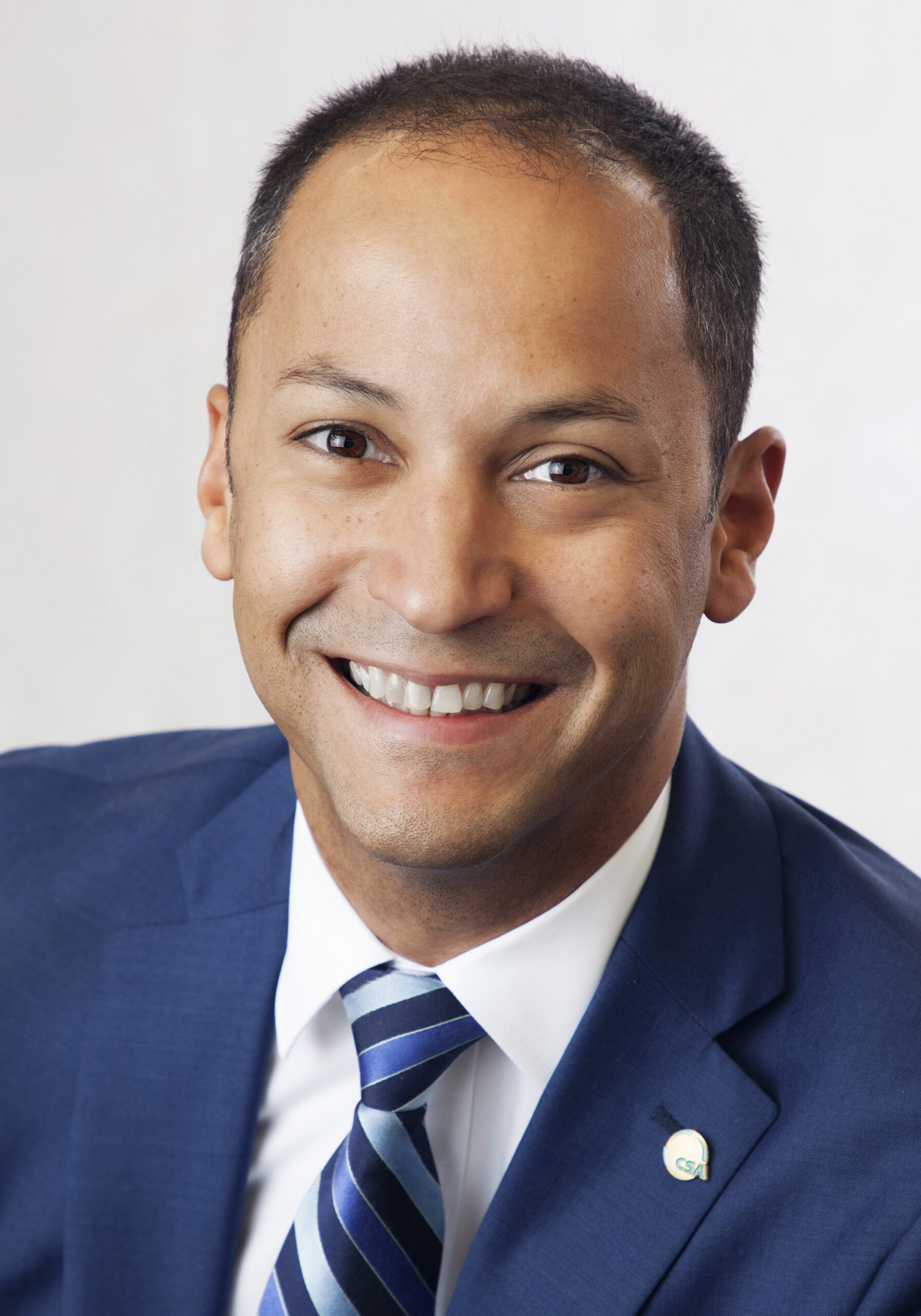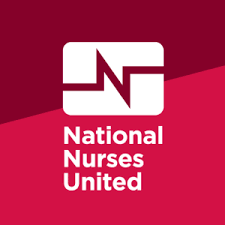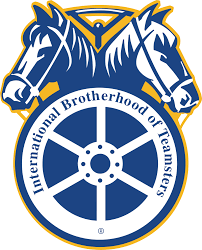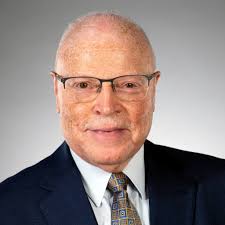New York, NY — Henry D. Rubio began serving as the President of the Council of School Supervisors and Administrators on January 1, 2023, after having served as the union’s Executive Vice President and First Vice President. Prior to those leadership positions, he represented school leaders as the District Chair for Manhattan High Schools and was elected by his colleagues to serve on the CSA Executive Board.
Rubio was born, raised, and educated in New York City, and entered the field of education with a background in business and an undergraduate economics degree from Fordham University at Lincoln Center. He later earned a graduate degree from Queens College and administrative certification from the College of Saint Rose.
He began his career in 1997 as a Bilingual Social Studies teacher in Queens. Additionally, he completed studies at Cornell University’s AFL-CIO Union Leadership Institute and served as CSA’s chief negotiator for the union’s most recent agreement with the city.
While an Assistant Principal at the High School for Medical Science and Mary E. Walker Medical Science Academy, he played an instrumental role in the academic and organizational development of two new schools that have demonstrated their academic excellence in a 6th to 12th grade setting. During Rubio’s tenure as principal of A. Philip Randolph Campus High School, the Board of Regents and New York State Department of Education recognized the school as a “High Performing School.” The school raised student scholarship awards from less than $500,000 to $12 million and saw performance statistics improve markedly.
In 2007, Rubio was selected to participate in Columbia University’s Cahn Fellows program, and in 2011, he became a mentor and coach to school leaders across New York City through CSA’s Supervisory Support Program. He also had the privilege of serving as past president of the High School Principal’s Association and the Association of Dominican-American Supervisors and Administrators, and as a board member of the Labor Council for Latin American Advancement.
He is currently also the president of the New York State Federation of School Administrators and a vice president of the American Federation of School Administrators. Rubio serves on several committees and boards, working with labor and research organizations such as the NYC Municipal Labor Committee, the NYC Central Labor Council, the Cornell Labor Institute Advisory Board, the Independent Budget Office, and the Research Alliance for NYC Schools. In recognition of his leadership and impact on student achievement, Rubio has been the recipient of several community service and leadership awards including recognitions from Latino Trendsetter in 2010, UNAPEC University in 2011, the Catholic Teachers Association in 2013, the Dominican Day Parade in 2016, the Association of Dominican Supervisors & Administrators in 2017, the NYC Middle School Principals’ Association in 2019, the St. John’s University Chapter of Phi Delta Kappa in 2021, the CSA Heads of Associations in 2022, Tender Steps of New York in 2023, City and State Labor Power 100 in 2023, and the New York Academy of Public Education Medalist in 2023.
LaborPress had the opportunity to learn more about Rubio’s long years of contributions to education, his care and success in negotiating for the best on behalf of his members, and his own strength in overcoming obstacles to achieve the deserved leadership he holds today.
LP: What do you consider some of your major accomplishments in your long and distinguished career?
HR: I have tremendous pride in the deep connection I had with students and their families early in my career as a teacher and an assistant principal, as well as the recognition of A. Philip Randolph Campus High School as a “High-Performing School” during my tenure as principal. The most challenging time for our union was obviously during the pandemic, and I’m so proud that our team was able to accomplish as much as we were to support and protect students, staff, and school administrators throughout that tumultuous time.
LP: In your tenure as principal of A. Philip Randolph Campus High School, can you share what you did to achieve recognition for the school as a high performing school, as well as the impressive gain in available money for scholarships?
HR: Performance within schools always begins with the culture that administrators and staff create. Once a school leader has aligned their community around a collaborative vision and celebrated values, they must gather as much data as possible about what’s working and what needs improvement and use that information to drive progress in whatever areas need more focus. The gain in scholarship awards was a direct result of our ability to attract partners, accelerate learning, expand extra-curricular opportunities, and communicate the value our school was providing families each day.
LP: Please describe the union’s most recent agreement with the city for which you were the chief negotiator – what were the stand-out issues that needed to be resolved, and how was the agreement reached?
HR: We were able to achieve so much for our members in our last contract. Most notably, we were thrilled to have secured a flexible paid parental leave benefit that works well for both our members and the school communities they serve. We also were able to finally begin bridging the pay gap between elementary and middle school principals and their counterparts in high schools, which was a long-standing issue that our union has tried to resolve for decades.
LP: Have you found that scholarships contribute to diversity, equity, and inclusion?
HR: New York City school leaders are always thinking of ways to make their school communities and our entire city more diverse, equitable, and inclusive. Scholarships are certainly one way to lift up those families who may be lacking the financial means necessary to accomplish all of their goals.
LP: What challenges did you face growing up as a Dominican man, and did you have to overcome barriers that may have been placed in your way – and if so, how did you overcome those obstacles in order to achieve what you have?
HR: I’m so proud to be the first Latino president of our union, especially when over 40% of our student population identifies as Hispanic. Like so many others, I have had to overcome challenges around racism and biases. Overcoming them began with being aware of my own biases, purposely surrounding myself with people of different backgrounds and viewpoints, and then nurturing those important relationships. Our union has inclusive associations and caucuses that celebrate almost every culture and ethnicity because school leaders know how important it is to be their most authentic selves and keep their love of family at the center of all that they do.
LP: What do you find the most unique about your union members in terms of how they approach the work they do? How do they balance the caring and empathy necessary for such a profession with the need for discipline? What about the need for vigilance in the era that we live in regarding violence directed against them and also students in the schools – how difficult is that to reconcile?
HR: Our union is incredibly unique in that it is made up of professionals who have risen to the very top of their careers. They all became educators because of their desire to make a difference in children’s lives, and they must fight to hang on to their guiding priorities as their focus is diverted in all different directions. Unless you’ve been a school leader, there’s no way to fathom the immense responsibilities involved with caring for a community of children, and, most importantly, keeping them safe. In the coming months, we’ll continue to elevate the issue of school leader retention and recruitment because the job can certainly take its toll on our members’ own health and well-being.
LP: What legislation would you like to see enacted in order to protect your members?
HR: School safety is always among the highest priorities for our union. As a local chapter of a national union, AFSA, we put forth a resolution to support and enhance legislation that makes it a felony crime to assault a school supervisor or administrator and/or their immediate family members. CSA and AFSA will continue our efforts in raising awareness and educating federal, state, and local elected officials regarding the damage to the health and well-being of school communities that has resulted from the recent increase in assaults and threats of physical violence against school leaders.
LP: What other issues/challenges face your members currently that are uppermost in your mind right now?
HR: The landscape of public education in our city is constantly changing and yet some things always seem to stay the same. We continue to fight to bridge the pay gap between early childhood directors and assistant directors working in centers run by community-based organizations and their counterparts who work in public school buildings. We remain focused on the well-being of our members and the communities they serve, particularly given the various impacts of the pandemic. And we look forward to leading our members in the evolving exploration of how technological advancements, such as AI, will impact their work, their communities, learning, and the future of their students.
Rubio and his wife Wildra have been married for 19 years and blessed with four beautiful children.






